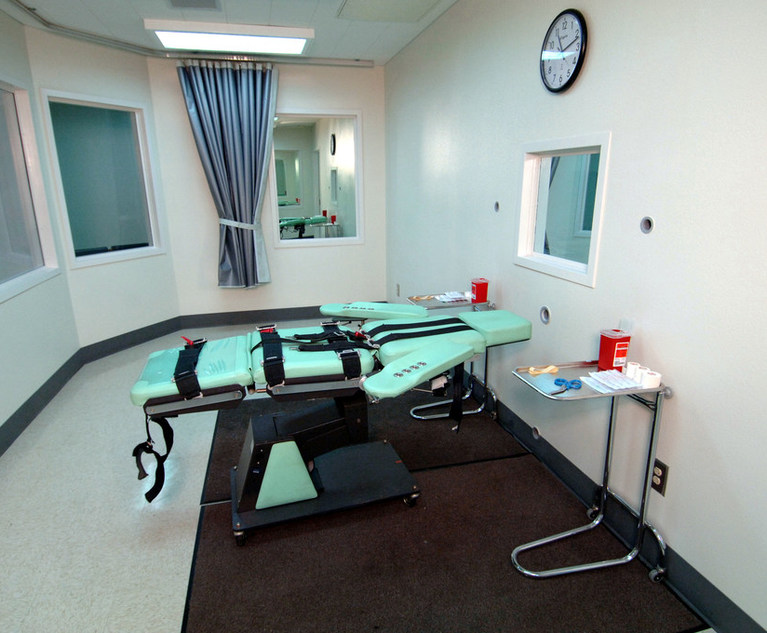In Daubert v. Merrell Dow Pharmaceuticals, Inc. (1993), the U.S. Supreme Court altered the “general acceptance” standard for the admissibility of scientific evidence which had originated 70 years earlier in the D.C. Circuit case of Frye v. United States. The general acceptance standard had also been adopted by the NJ Supreme Court in State v. Kelly in 1984, where the court identified three prerequisites for expert testimony: (1) that it concern a subject matter beyond the knowledge of average jurors; (2) that the scientific community accept the premises underlying the proferred testimony so as to be sufficiently reliable; and (3) that the witness have sufficient expertise in the field.
By the time Daubert was decided, the New Jersey Supreme Court had already decided Rubanick v. Witco Chem. Corp., in which it broadened the “general acceptance” standard to allow a trial court to consider whether comparable experts in a scientific field, using similar methodologies, would rely on the information underlying the proposed expert’s opinion. The following year, in Landrigan v. Celotex Corp., the court further elaborated by holding that a proposed expert might, in arriving at his opinion, rely on epidemiological studies supported by “some expert consensus in the appropriate field.”


 Credit: BigStock
Credit: BigStock




